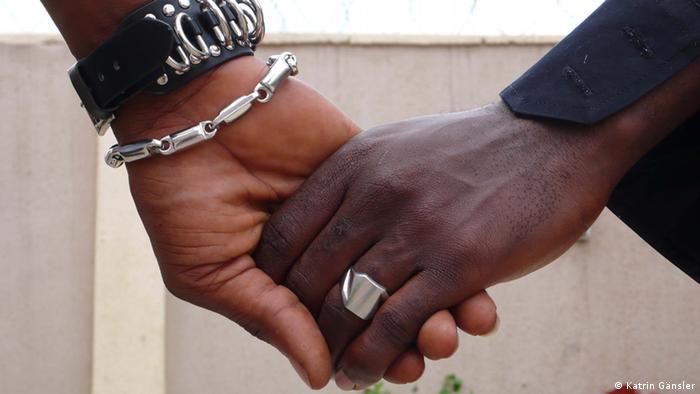By Ben Kopp
Impunity Watch Reporter, Europe
BRUSSELS, European Union – Applicable to all EU states, the European Court of Justice ruled that fear of imprisonment on the basis of homosexual status is grounds for asylum; particularly, for nationals of Sierra Leone, Uganda, and Senegal.

In October 2013, the Netherlands and Russia fought when masked assailants entered a Moscow apartment, beat a Dutch diplomat who lived there, and scrawled “LGBT” in lipstick on his mirror. The attack followed a similar attack in which Dutch police entered a Russian diplomat’s flat and “roughed him up.”
In early November 2013, Foreign Minister Frans Timmermans stated that Russia’s prohibition on “homosexual propaganda” may be grounds for asylum in the Netherlands, which is a leader in protecting LGBT rights. Russia’s law has angered many activists worldwide, who have called for a Winter Olympics boycott since the law’s June 2013 enactment.
The Dutch Council of State, a top advisory body, asked the European Court of Justice (ECJ) whether homosexuals could be considered a particular social group, and whether criminalization and possible imprisonment amounted to persecution of them. Dutch policy had suggested that homosexuals could exercise “restraint” to avoid persecution.
Particular social groups with a well-founded fear of persecution can claim refugee status under international law, if the persecution constitutes a severe violation of human rights.
In response, the ECJ ruled that laws specifically targeting homosexuals do make them a separate group; however, national authorities must determine “whether, in the applicant’s country of origin, the term of imprisonment…is applied in practice.” For instance, merely banning homosexuality is not grounds for approving an asylum request.
While it is unclear how persons claiming refugee status can prove their homosexuality, the ECJ is not scheduled to rule on that issue within the coming year.
In its ruling, the ECJ discussed that expecting concealment of one’s sexual identity was not reasonable: “A person’s sexual orientation is a characteristic so fundamental to his identity that he should not be forced to renounce it.”
The Dutch Council’s request stemmed from a case of three Africans seeking asylum on grounds that they feared persecution for their sexual orientation if returned to their homelands. Currently, homosexual acts are illegal in most African countries, including Uganda, Nigeria, Kenya, Botswana, and other Western allies.
In Uganda and other countries, suggested punishments for homosexuality have included the death penalty.
In June 2013, Amnesty International reported dangerous levels of homophobic attacks in sub-Saharan Africa, where 38 countries criminalize homosexual acts, and stated that such attacks must stop.
Until the ECJ visits the question of how EU states may reasonably inquire as to a refugee’s sexual orientation, a larger question looms: in the pursuit of happiness and a greater quality of life, does a person’s specific reason for wanting to leave an oppressive regime really matter?
For further information, please see:
BBC News – Top EU Court Ruling Backs Gay African Asylum Bids – November 7, 2013
Deutsche Welle – European Court Rules Homosexuals Can Seek Asylum in EU – November 7, 2013
RadioFreeEurope Radio Liberty – ECJ Rules Homosexuality Can Be Grounds for Asylum – November 7, 2013
Reuters – Anti-Gay Discrimination Could Be Grounds for Asylum: EU Court – November 7, 2013
TIME – European Court: Gay Refugees May Have Grounds for Asylum – November 7, 2013